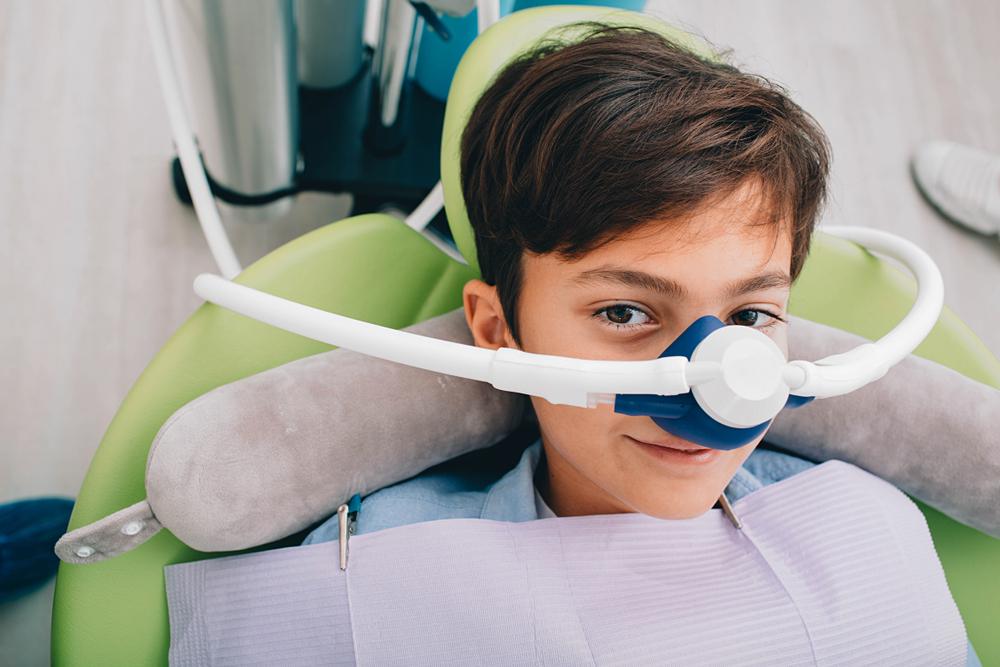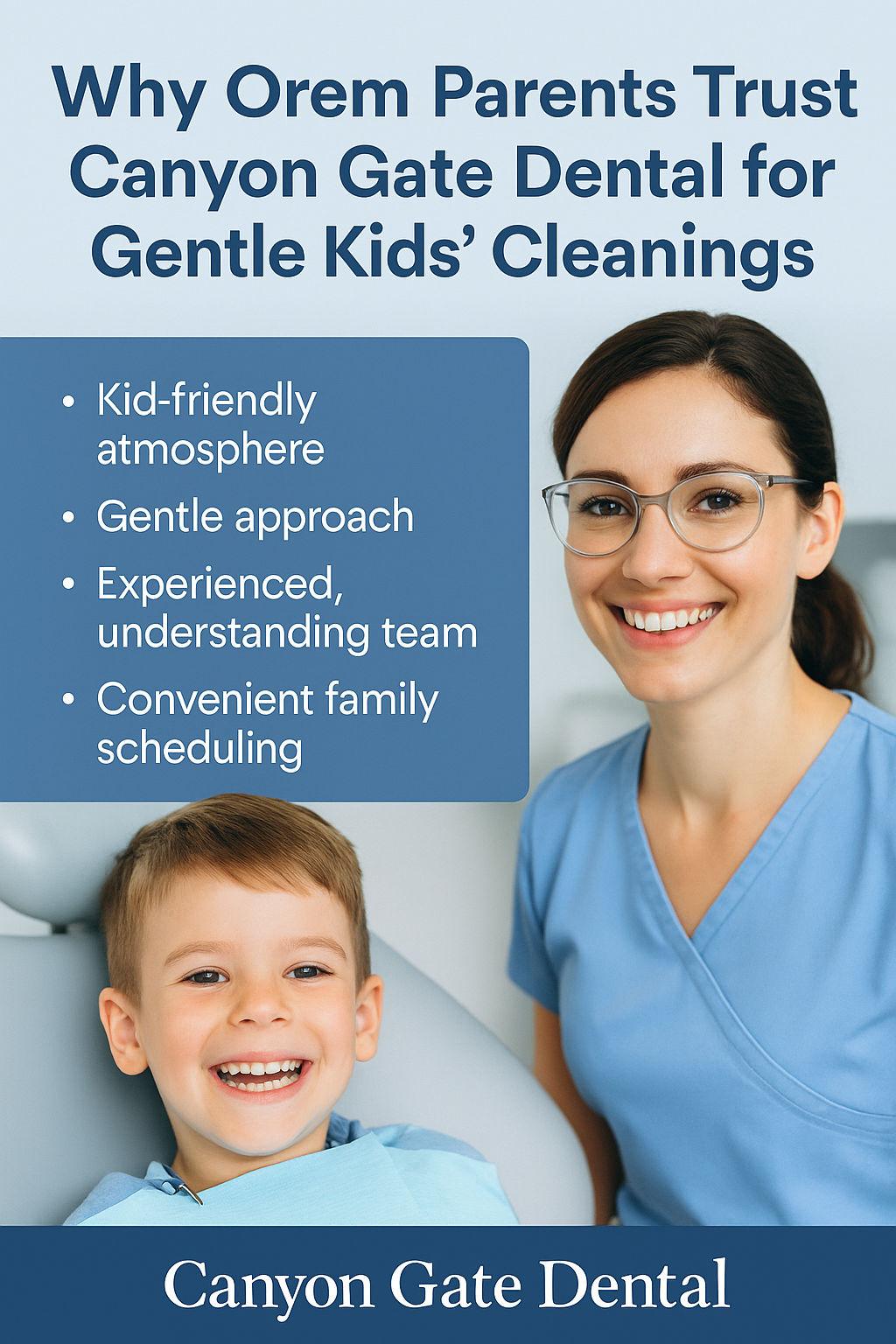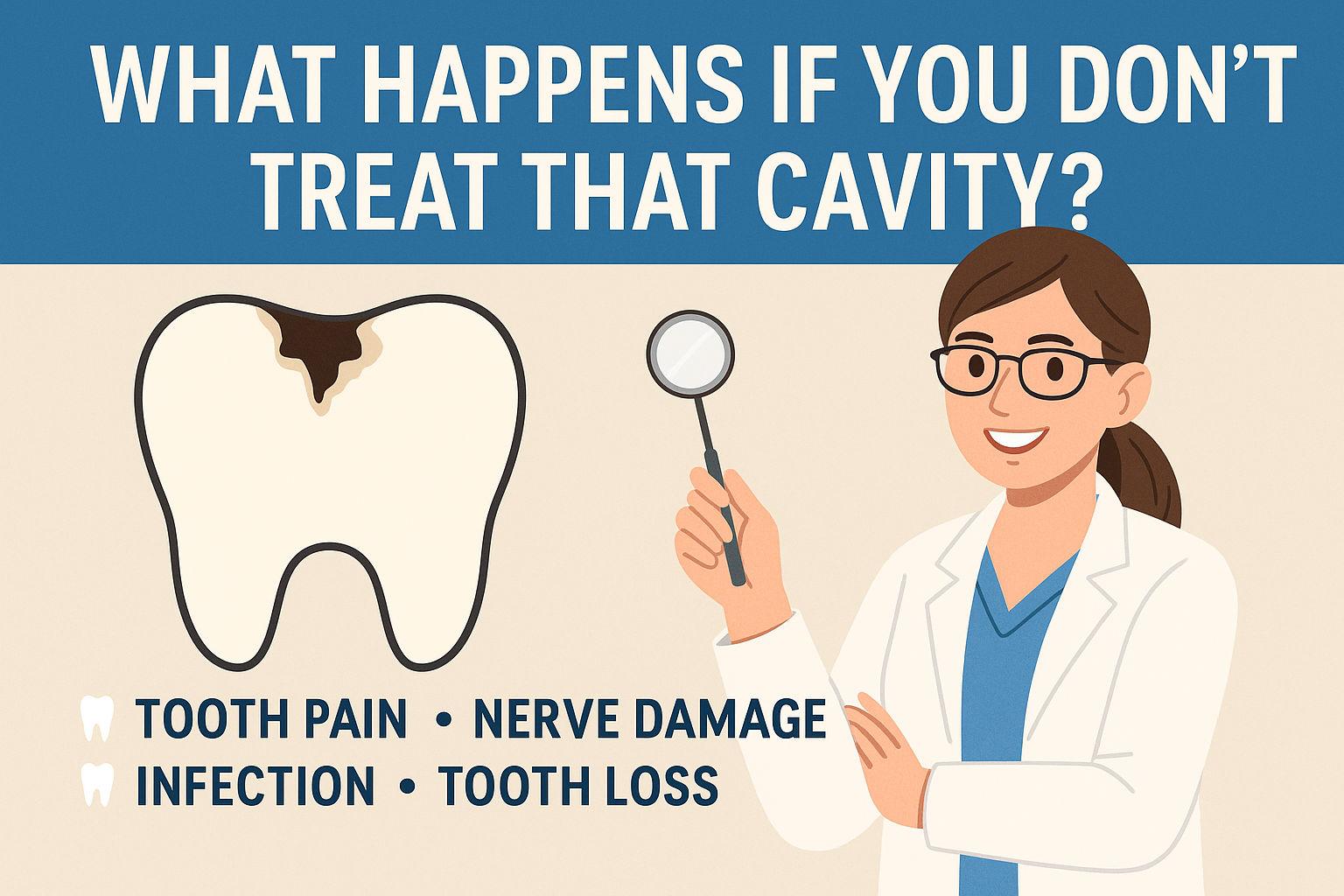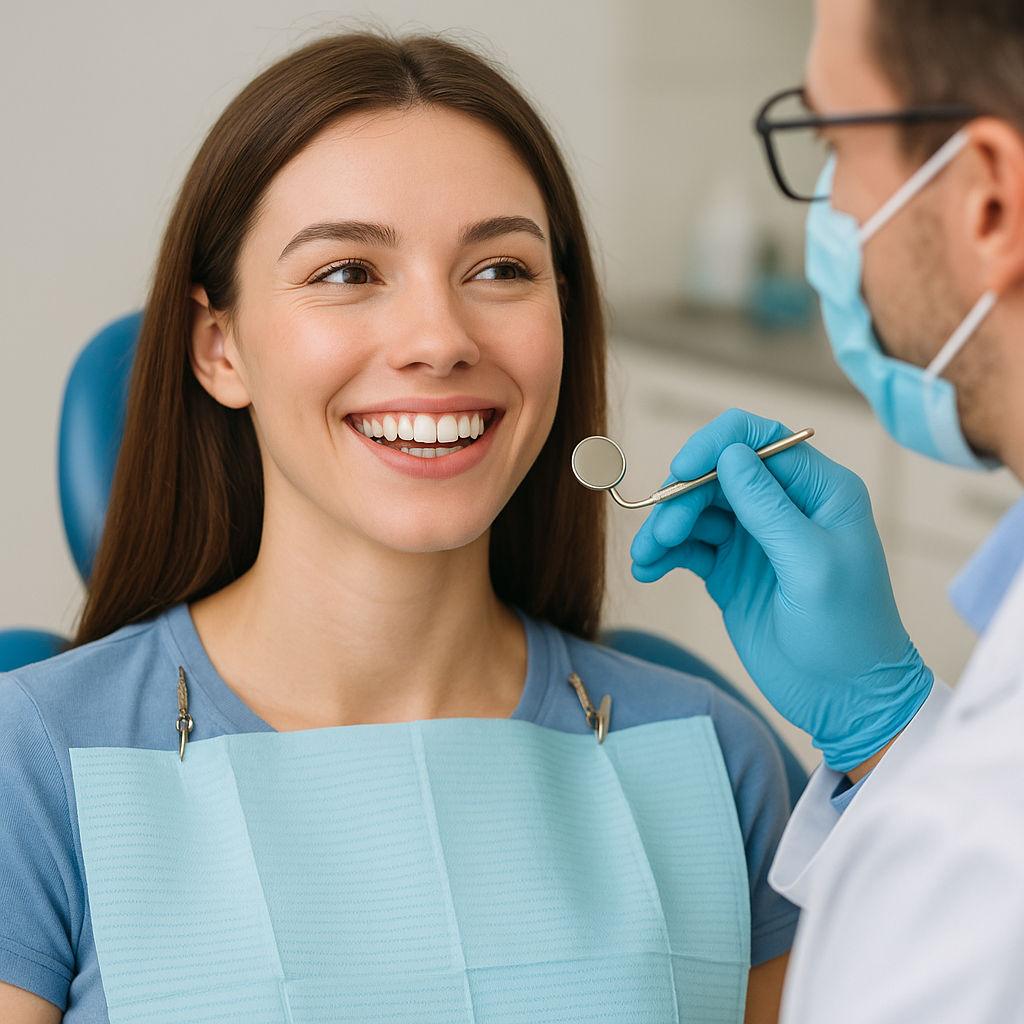Most times kids are scared to visit their dentists; because they assume visiting a dentist is going to be uncomfortable and painful. However, that is far from true. With the introduction of pain reduction drugs and medications, even the most complicated surgeries are done without any pain. According to dentists in Orem, anesthesia and sedation can induce sleep-like states.
However, before the surgery, you need to discuss a lot of things with your dentists. There are things to discuss like the history of allergies, anxiety level, and overall health of the child.
Depending on the assessment of these conditions, a medical approach will be decided. In some cases, your dentists might prescribe anesthesia or sedation for your child to keep them relaxed during the dental procedures. If this is the case, you need to ask some questions to your dentists:
Will they use anesthesia?
Topical anesthesia is needed to prevent pain in a particular area of the mouth, and that is why it works best for mouth surgery. To make sure your child doesn’t feel any pain, a topical anesthetic will be applied to your mouth. After which local anesthesia will be injected into the treatment area. Local anesthesia blocks the nerves of the mouse so that no pain can be felt during the treatment. While topical anesthesia is used to soothe the sores, local anesthesia is needed when treating gum disease.
Will there be sedatives involved?
In extreme cases, your dentists might also have to use sedatives. Ask about what kind of sedatives will be used on your kid and who will administer it? Further, you should also know how strong the sedation will be?
Sedation can be in the form of inhalers, pills, as well as injections. While small treatments will require milder sedation, grave medical conditions might require deep sedation.
What will be the after medications?
You should also talk about further medications that are needed to heal the treated area further. In medical terms, two kinds of medicines are used to heal, one narcotic and the second non-narcotic. After any dental treatment, dentists would prescribe non-narcotic drugs like acetaminophen, ibuprofen, and aspirin.
Dentists treat a million patients every month, and many this treatment involves anesthesia and sedition. There has never been any complication related to sedation and anesthesia. That is why there is nothing to worry about. Just make sure you talk about your kid’s existing health condition and allergies.









